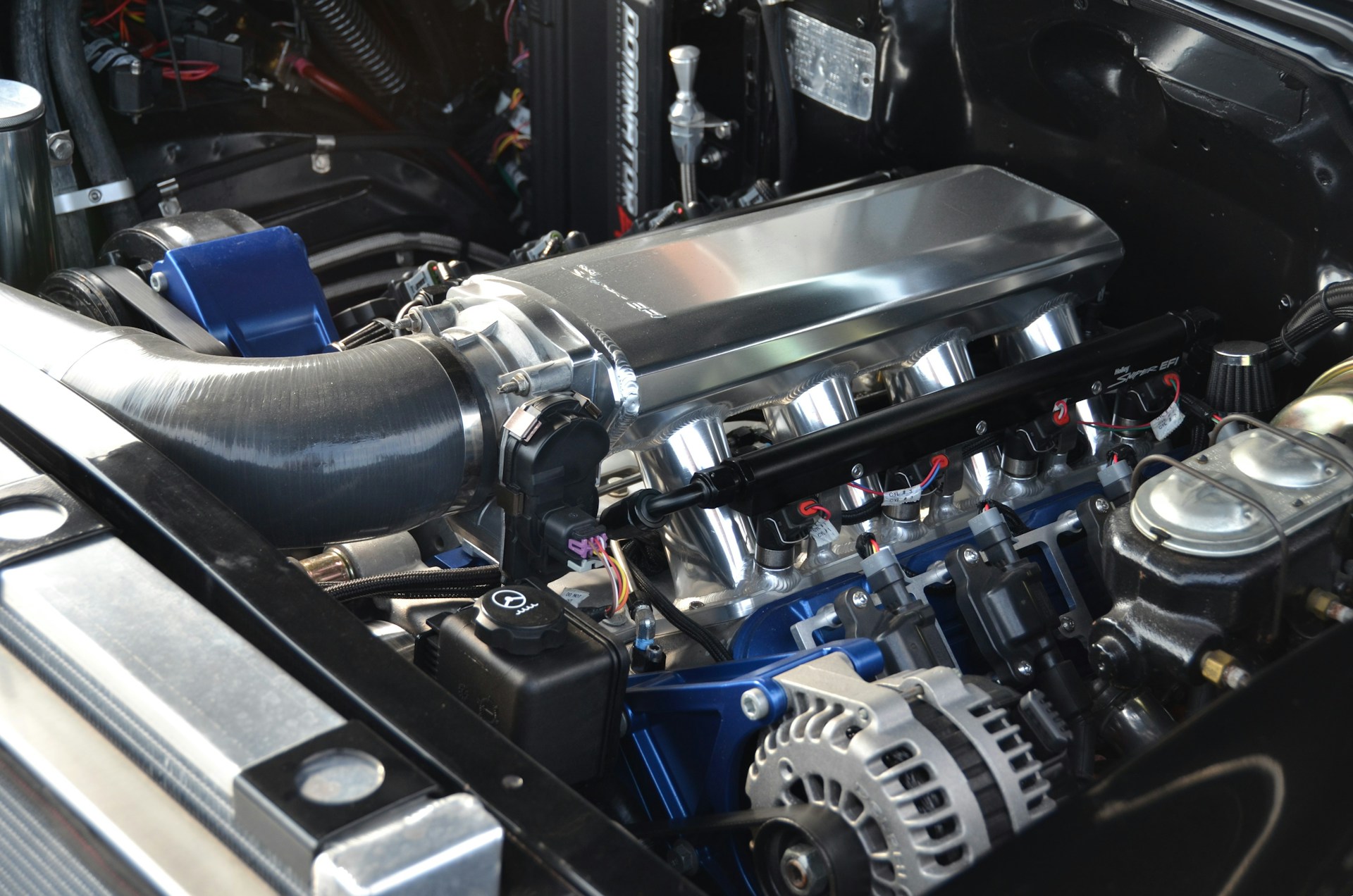
Driving in extreme weather can be challenging, especially for diesel vehicles. These engines react differently depending on whether it’s freezing cold or blisteringly hot. Understanding how diesel engines perform under these conditions is crucial to keeping your vehicle running smoothly all year round.
Cold weather often brings challenges for diesel engines, such as hard starts and vulnerable components. Diesel fuel tends to gel in freezing temperatures, making it harder for your car to start and run efficiently. Meanwhile, extreme heat can cause overheating, putting too much strain on your engine and affecting overall performance. Knowing what to expect and how to prepare can help mitigate these issues.
By learning about the challenges and adaptations for extreme weather, you can ensure your diesel engine remains reliable and effective, regardless of the climate you face. Whether it’s investing in the right components or taking preventive steps, keeping your engine in top shape is key to a hassle-free driving experience.
Diesel engines often face significant challenges during cold weather, mainly due to the nature of diesel fuel and the engine’s design. One of the biggest issues is cold start challenges. In freezing temperatures, diesel fuel can gel, making it thicker and harder to flow through the engine.
This reduced flow can lead to decreased fuel combustion efficiency, which means the engine might struggle to start. The colder it gets, the more energy your engine needs to get going, which can cause delays and require repeated attempts to start.
Several engine components are at particular risk during cold weather. Batteries, for example, lose their ability to hold a charge when temperatures drop, making it harder for your engine to turn over. Fuel lines are another critical component that can be affected.
As the diesel fuel thickens, it can clog these lines, restricting fuel flow and impacting engine performance. Glow plugs, which help heat the engine block, also work overtime to maintain proper temperatures for ignition.
Preparing for cold weather involves taking proactive steps to safeguard these components. Regularly check the battery’s charge and consider using a trickle charger to keep it ready for colder nights. Additionally, winter-grade diesel fuel or anti-gel additives can prevent fuel from thickening, ensuring smooth engine performance.
When temperatures soar, diesel engines face the opposite problem: overheating. High heat can cause engine components to expand, creating more friction and wear inside the engine. Overheating risks are particularly high in hot climates, where intense sun and high air temperatures can raise the engine’s overall operating temperature. As the engine heats up, it can lose efficiency, leading to a drop in performance.
The cooling system plays a vital role in preventing these overheating issues. This system is designed to manage engine temperature by circulating coolant through the engine block, absorbing excess heat.
A well-functioning cooling system ensures that your engine stays within the optimal temperature range, even in scorching conditions. But when the system fails, overheating can cause severe damage, including warping engine parts and causing leaks.
To maintain optimal engine performance in hot climates, regular maintenance of the cooling system is essential. This includes checking coolant levels, inspecting hoses for leaks, and ensuring radiator fans are operational.
Additionally, ensuring your vehicle’s airflow systems are not blocked can help keep things cool. Preventive steps like these enable your diesel engine to withstand even the hottest conditions without overheating.
Diesel engines can be temperamental in extreme weather, but there are several adaptations you can make to keep them running smoothly. During winter, one effective solution is to use block heaters. These devices warm up the engine block before starting, making it easier for the engine to start in freezing temperatures. They can be plugged in overnight, ensuring your engine is ready to go in the morning.
Another practical approach is using winterized fuel or fuel additives designed to lower the temperature at which diesel fuel gels. This helps maintain the flow of fuel through the engine and prevents clogs.
Summer presents its own set of challenges, mostly related to overheating. To prevent overheating, regularly check your vehicle’s coolant levels, as low coolant can lead to higher engine temperatures. It’s important to ensure your cooling system is in top shape, which might involve flushing the system and replacing the coolant periodically.
Additionally, you should ensure proper ventilation by checking that the air pathways around the engine are clear of debris. This allows heat to escape efficiently, keeping the engine cool even during hot days.
By implementing these adaptations, you can enhance the performance and reliability of your diesel engine, no matter the weather conditions.
Selecting the right diesel engine depends significantly on the weather conditions you typically encounter. If you live in a region with harsh winters, consider an engine known for efficient cold starts and equipped with features like glow plugs and fuel heaters. These features help the engine start more easily in cold conditions, minimizing downtime and wear.
Conversely, for those in hot climates, an engine with a robust cooling system is essential. Engines that manage heat effectively can better handle prolonged periods of high temperature. Look for engines with efficient radiators and cooling fans to prevent overheating during the hottest months.
When choosing a diesel engine, it’s crucial to balance the needs of your local climate against the features offered by different models. Consider the temperature extremes you’ll face during the year and which engine capabilities can best address those conditions.
Make a pros and cons list of potential engine features, weighing their importance based on your regional climate challenges. This approach helps you select the most suitable engine that offers both performance and reliability, keeping your vehicle running smoothly in any weather.
Understanding how diesel engines perform in extreme weather conditions equips you with the knowledge to maintain your vehicle year-round. By adapting your engine choices and maintenance practices to the local climate, you ensure that your vehicle remains reliable, whether you’re facing icy mornings or scorching afternoons. Proper preparation and preventive strategies make a significant difference in how well your diesel engine performs under pressure.
For those interested in optimizing their diesel engines in Houston, TX, Airline Auto Parts offers a wide selection of components to meet your needs. Our quality parts and unbeatable customer service prepare your vehicle to handle extreme climates effectively. Contact Airline Auto Parts today for expert advice and find everything you need to keep your diesel engine performing at its best, no matter the weather conditions.

February 15, 2026 Why Drivers Turn To Used Car Parts In Ho...
When To Replace A Used Engine In Houston...
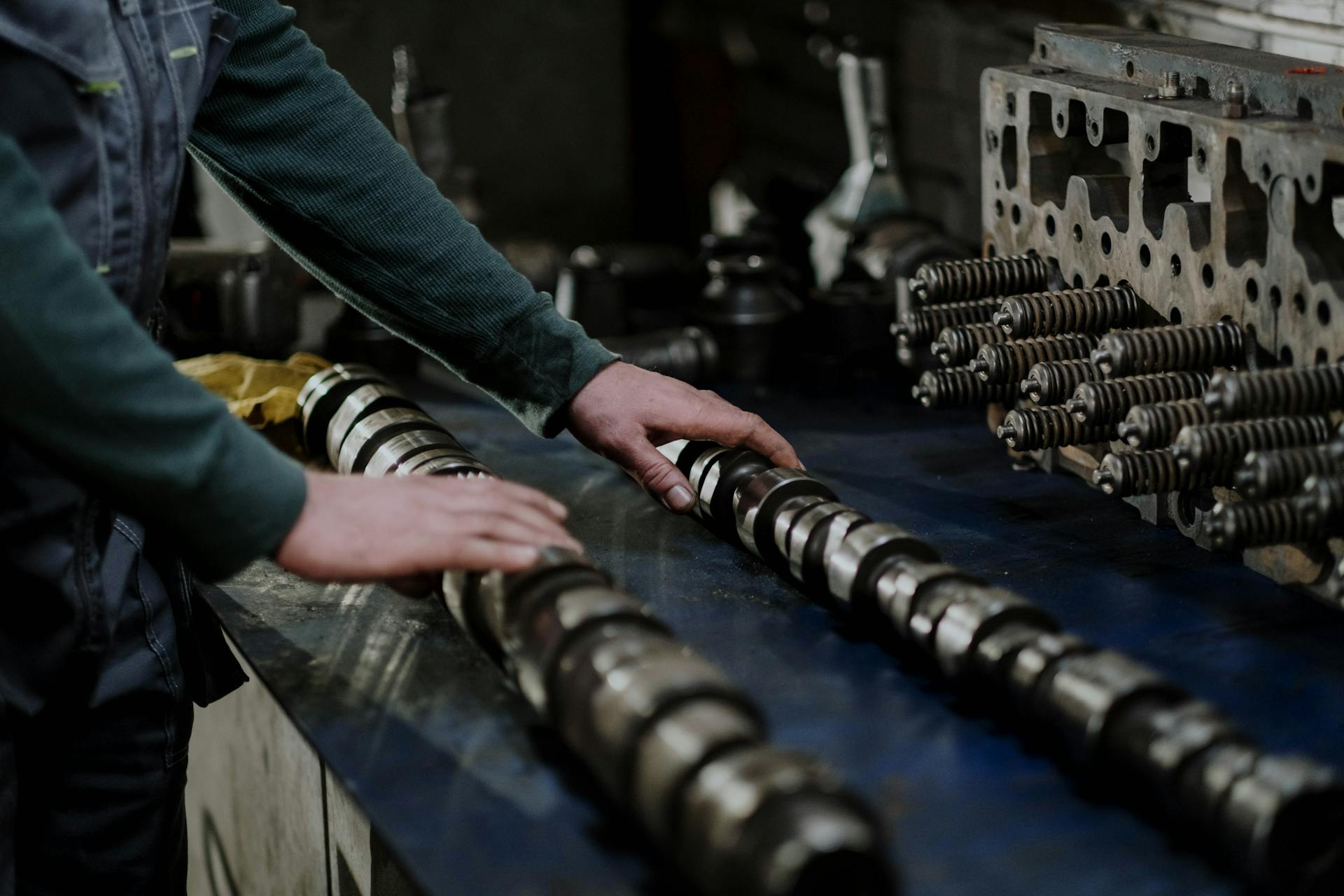
February 8, 2026 What To Ask Used Car Parts Dealers Befor...
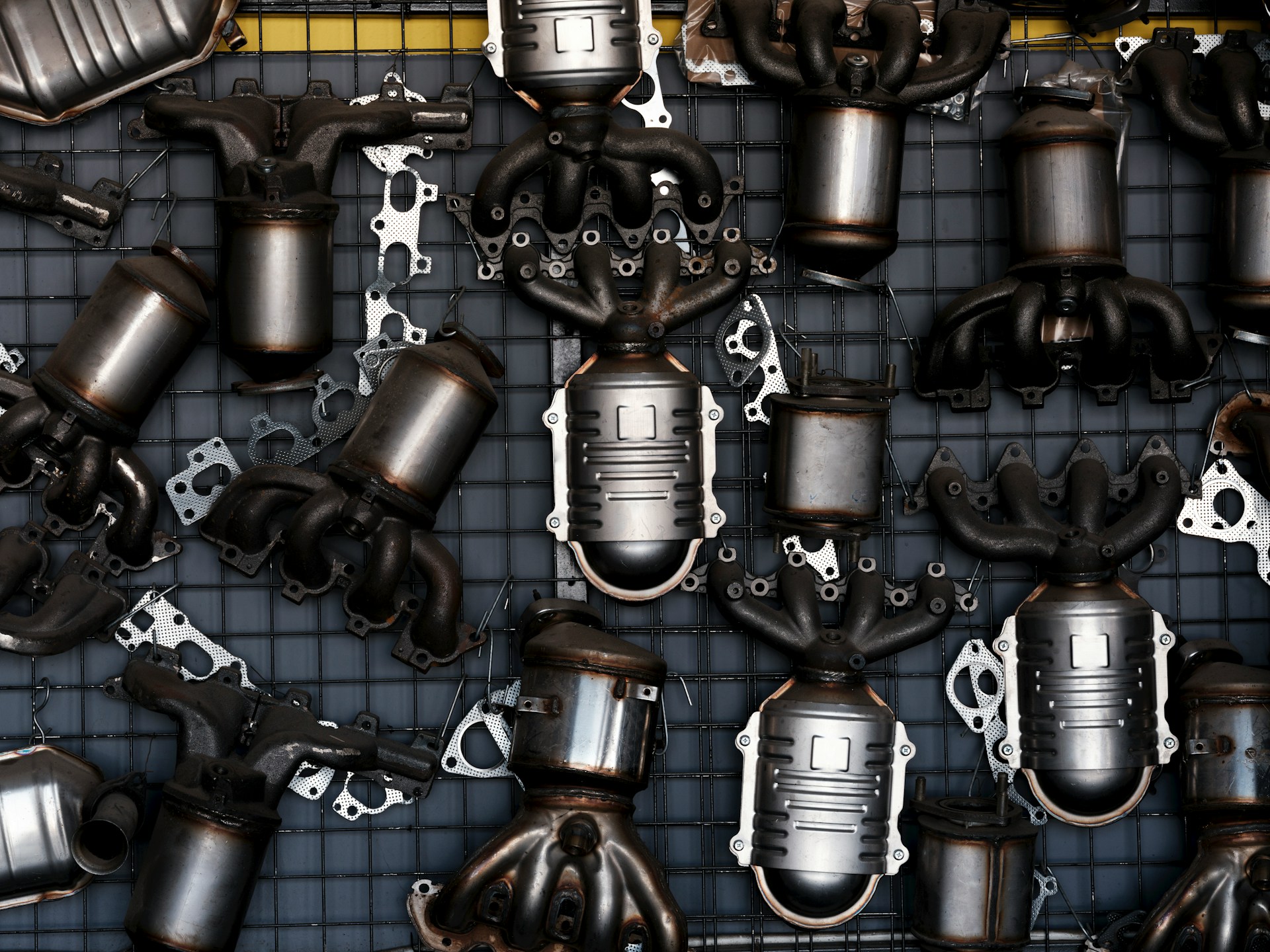
How Used Vehicle Spare Parts Help With C...
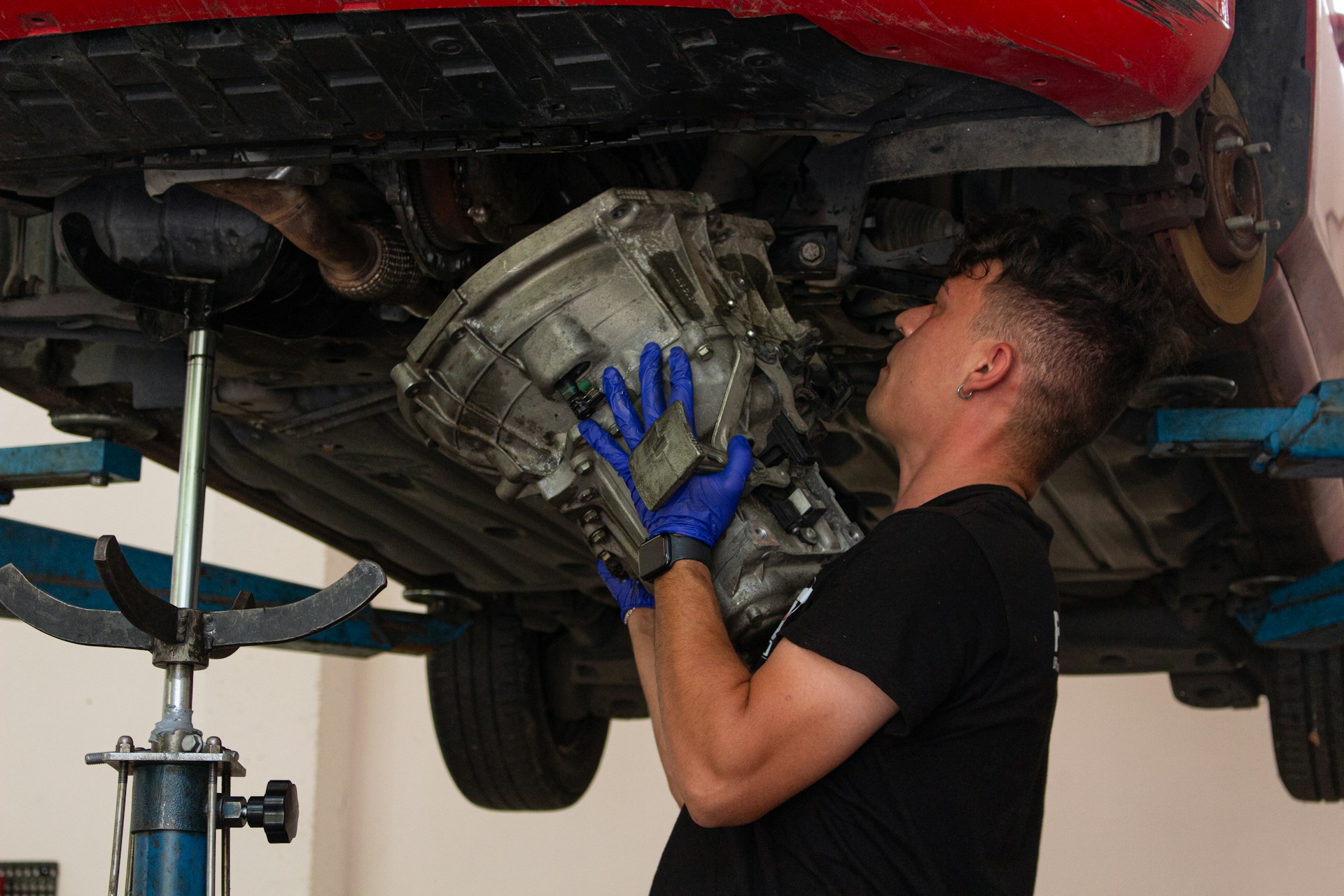
February 1, 2026 Where To Start With Used Parts In Housto...
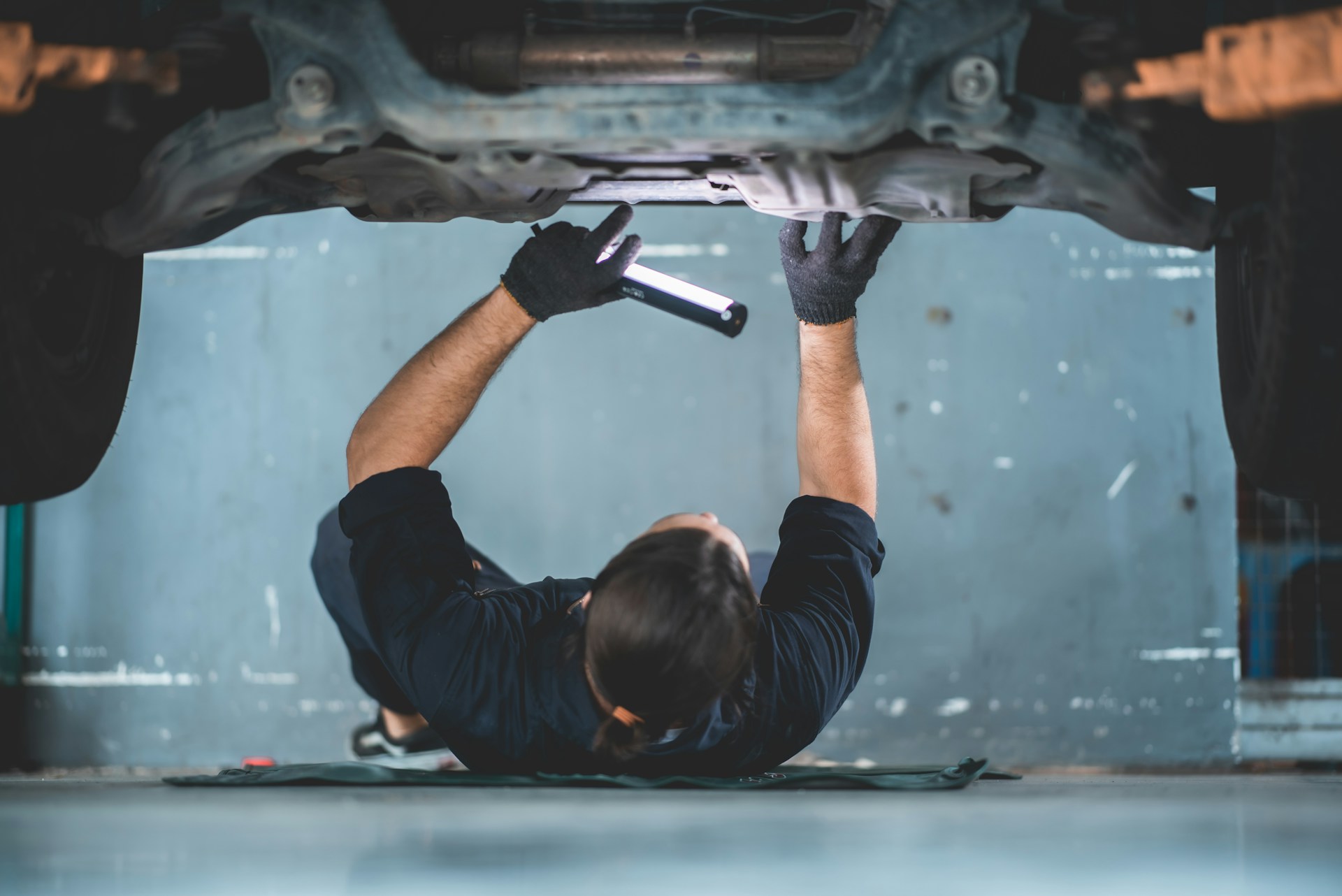
What To Expect From Car Parts In Houston...
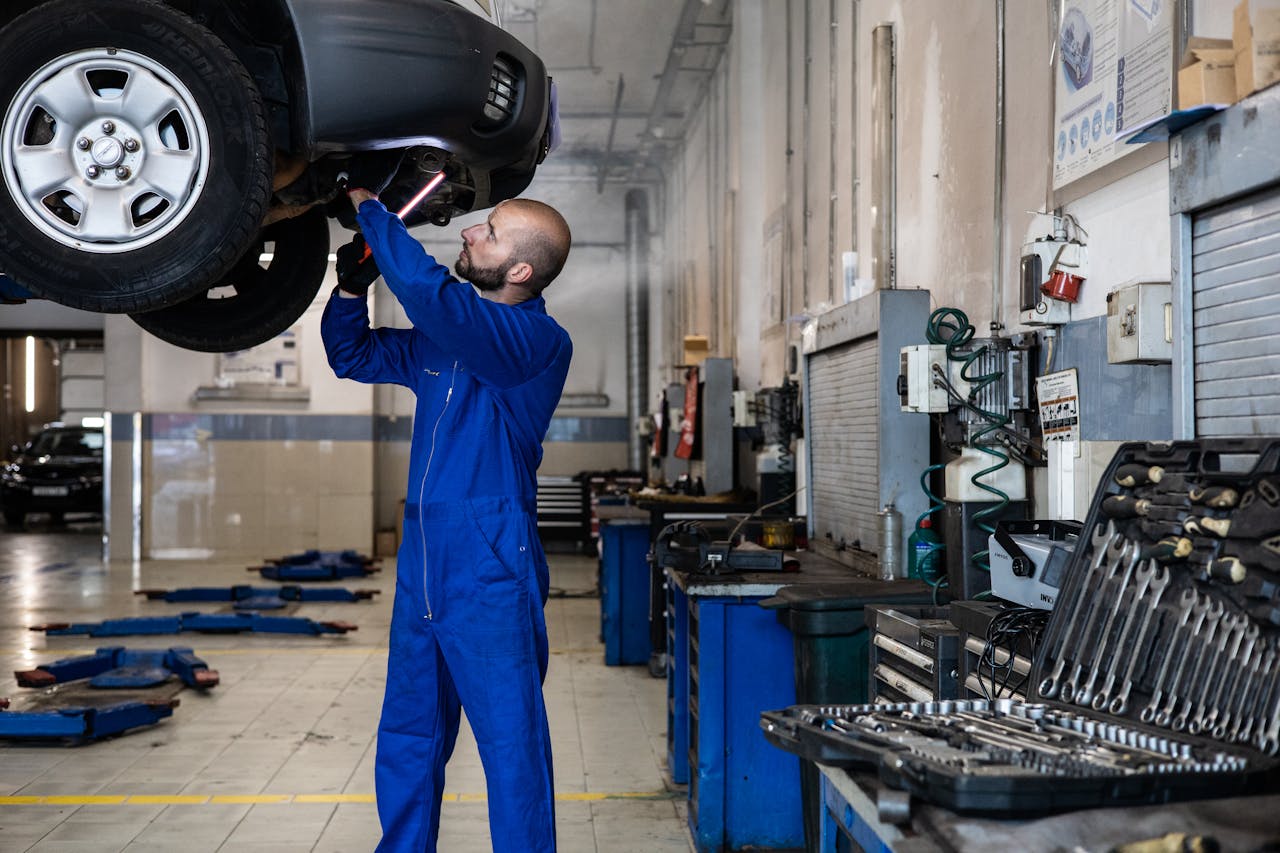
January 25, 2026 Why Used Auto Parts Matter More During W...

Hidden Risks Of Salvage Car Parts In Hou...

January 18, 2026 The Right Time To Buy Used Parts In Hous...

January 11, 2026 Everything To Know About Used Diesel Eng...
Leave a Reply
You must be logged in to post a comment.